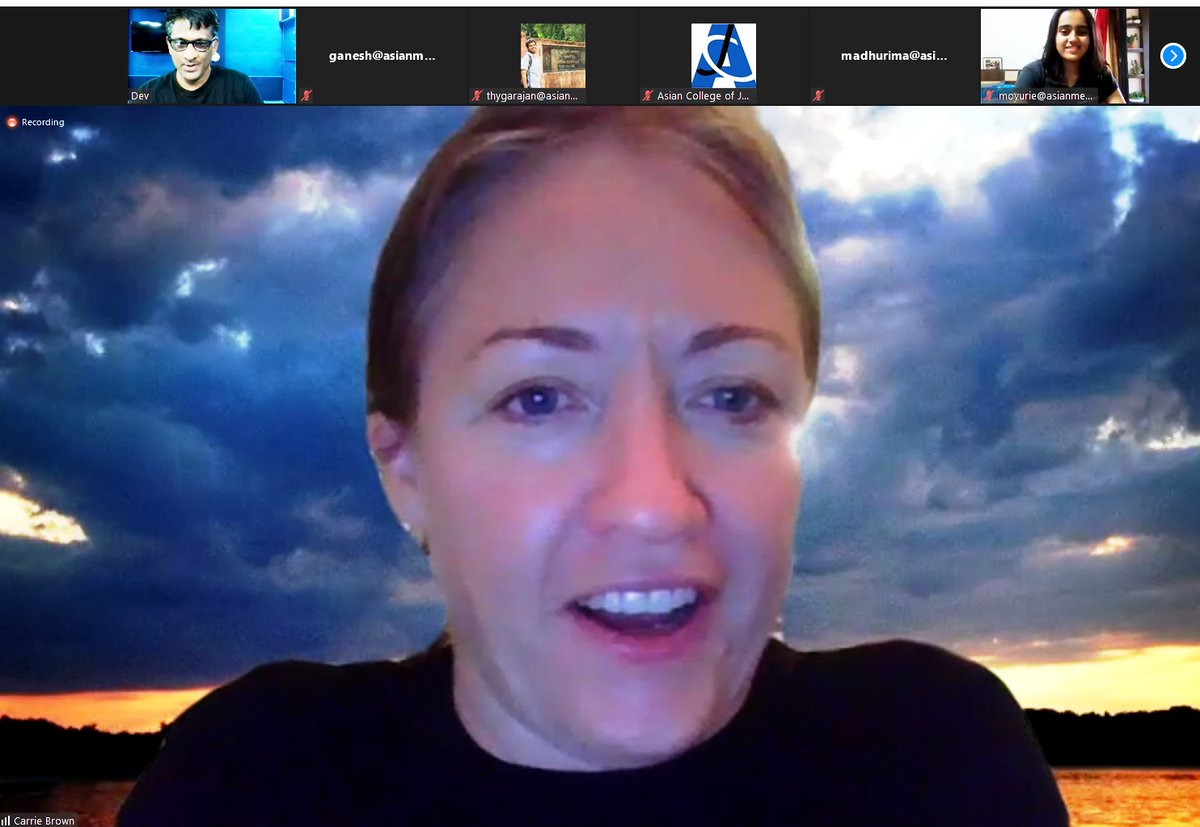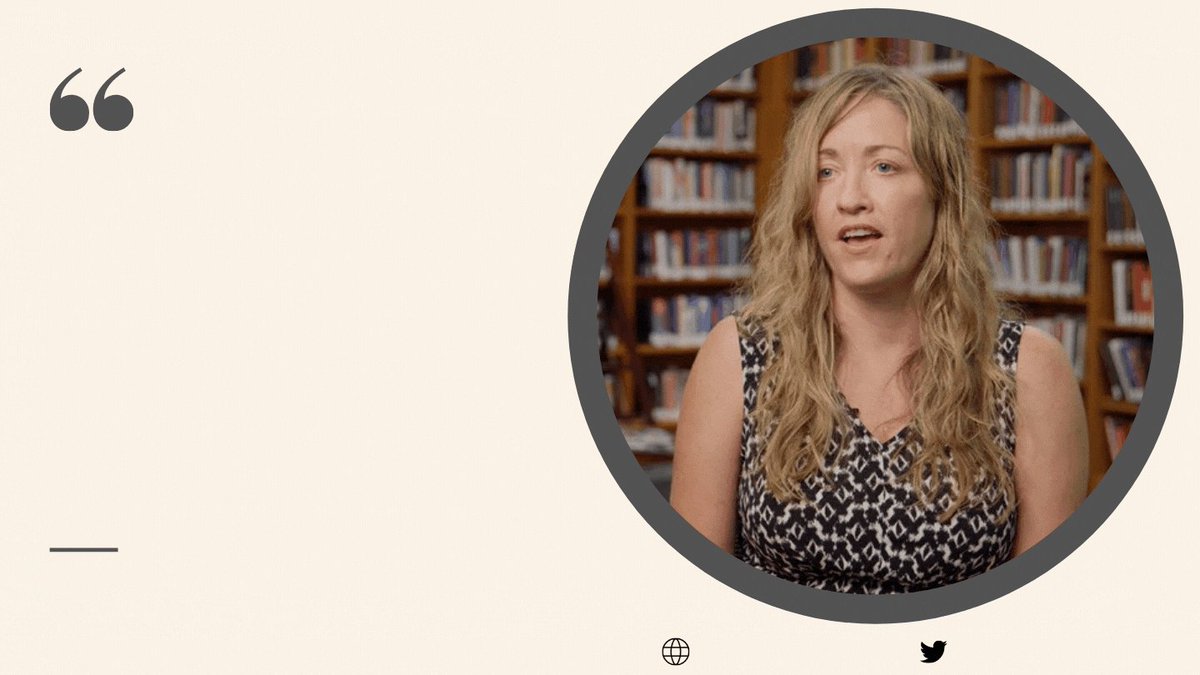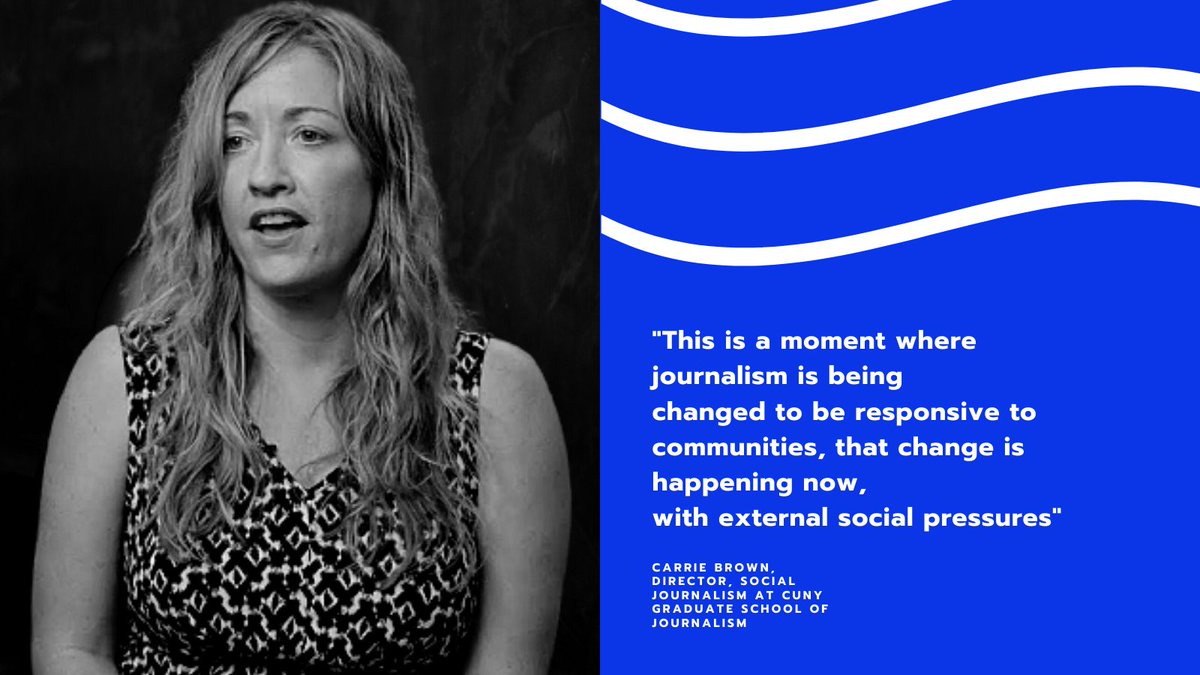Sujan
4:55
4:57
4:58
4:59
5:00
5:02
5:02
5:03
5:04
5:04
5:05
5:05
5:06
5:06
5:06
5:08
5:12
5:12
5:14
5:14
5:15
5:16
5:17
5:17
5:18
5:18
5:18
5:20
5:20
5:20
5:21
5:22
5:23
5:23
5:24
5:24
5:25
5:27
5:27
5:29
Connecting…













